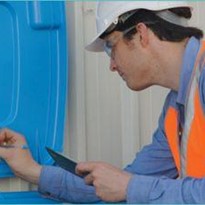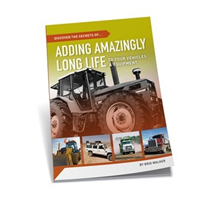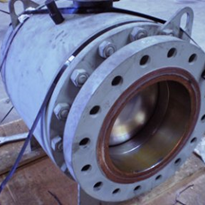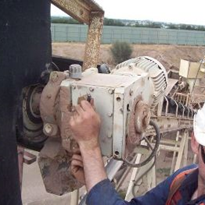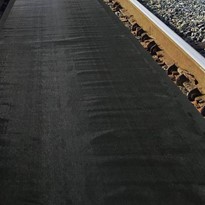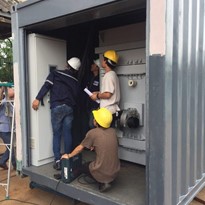Maintenance tips to optimize track life for your track loader
Tracks are used in a wide variety of applications and operating conditions and various types of rubber track damage may occur during its service life. In most cases where damage has occurred, repair is not necessary or feasible. Many times track wear or damage only results in poor aesthetics. Track functionality and performance, however, remain intact. In other cases, track damage is severe enough to justify replacement. May you have any doubt, ask your local tire and track dealer to assist you and do a maintenance check.
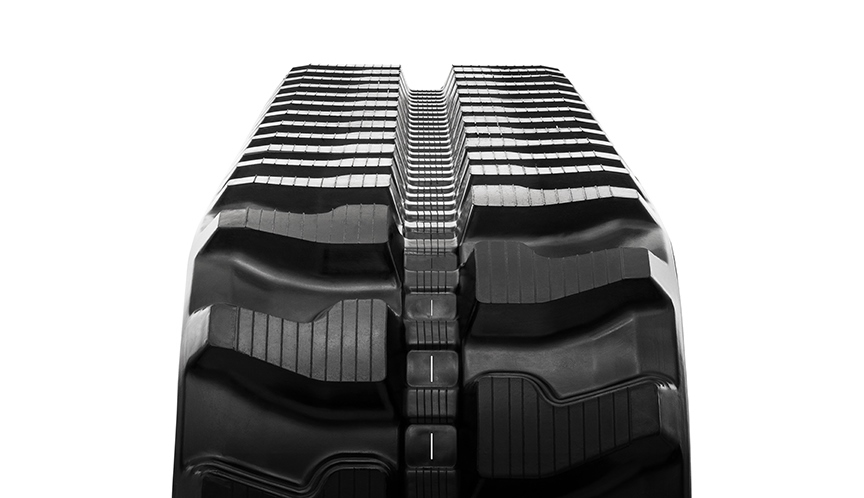
Keep an eye on your sprocket
As a leading supplier of OEM and aftermarket tracks, Camso has been studying track life and the causes of track failures for many years. When you find premature wear or damage to the track of your Compact Track Loader (CTL), it is often a sign of a worn or failing sprocket. Worn sprockets, in fact, are the major cause of premature track failure. A sprocket, however, can be replaced for a mere fraction of the cost of a new track.
The teeth of the sprocket should be the focus of your inspection. They engage the interior tread of the track, and they are carefully crafted to ensure the best fit with the specific make and model of your loader. Check the teeth for the appearance of a “shark-fin” profile – the thinning and sharpening of the tooth – at the wear tips. This thinning of the metal, along with any broken teeth, will degrade the fit and will result in excessive wear and tear on the track itself. The shark-fin look tells you it’s time to replace the sprocket.
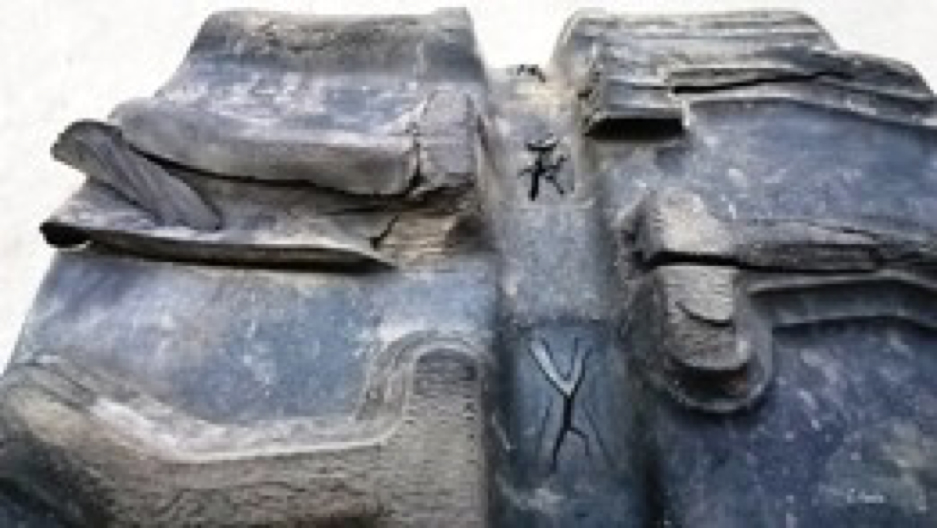
Superficially, sprockets all look the same, but there are differences below the surface. The vast majority of CTL sprockets are fabricated in cast steel with case hardening, while Camso-branded CTL sprockets feature OEM-grade hardening, precision and quality inspections. The depth of hardening can’t be seen, but it’s a key point of difference in quality and value. Once the hardened surface is worn through, the rate of degradation increases quickly, which raises the risk of damage to the track.
Once the treated outer metal has worn away, wear occurs at a more rapid rate. As tracks and undercarriage components are designed to wear together, installing a new track on a worn out track system will significantly reduce your overall track life.
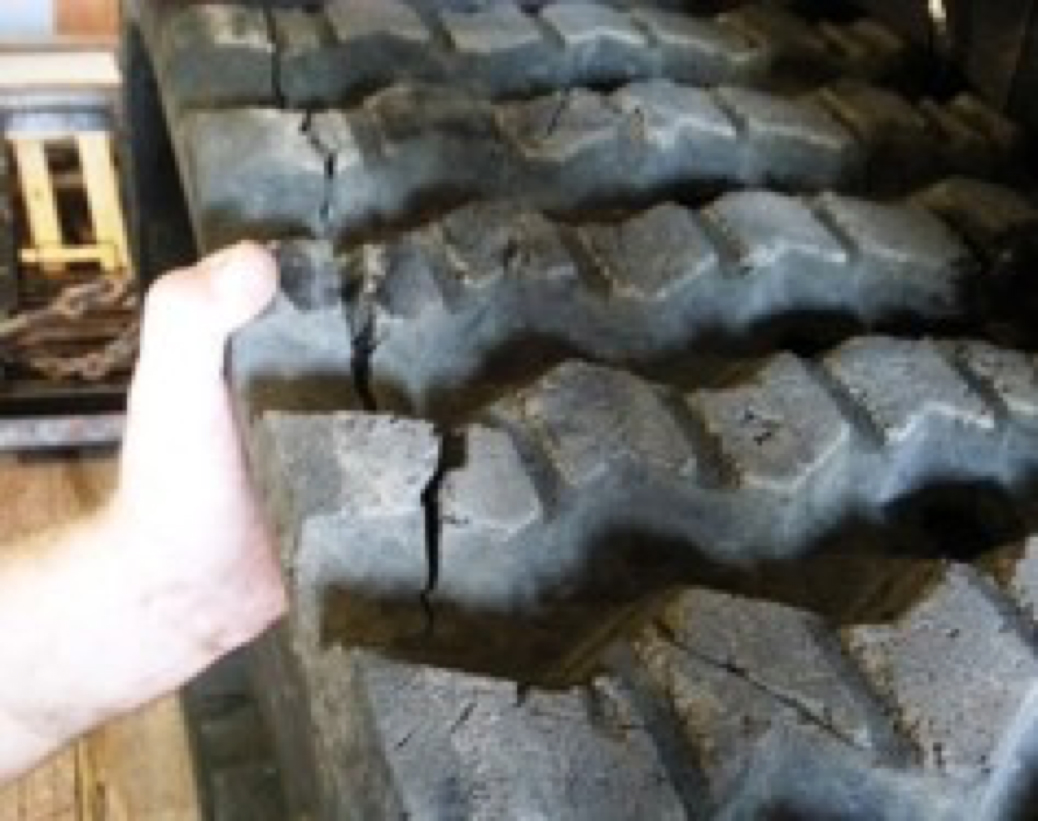
Improve your maintenance program and operational technique
Compared with tyres, tracks allow the machine to operate in very severe and unusual conditions. Given the surfaces and jobs required and without proper training and operator awareness, damage to the tracks, undercarriage, and machine can result.
Daily inspection of tracks and undercarriage components is also vital to overall track life. And cleaning the entire track system is essential to ensure a long and productive life. Material build-up can cause track misalignment, de-tracking, sprocket wear and over-tensioning.
Each time you change out a track, that’s the ideal time to look over the complete undercarriage and give the sprockets a close inspection. If it’s your dealer who is servicing your Compact Track Loader, make sure that the tracks and sprockets are on the inspection list. Changing sprockets is a very simple procedure, and replacements to fit your machine are readily available at your dealer. If you change your own tracks, you already have all the skills and tools to change your own sprockets.


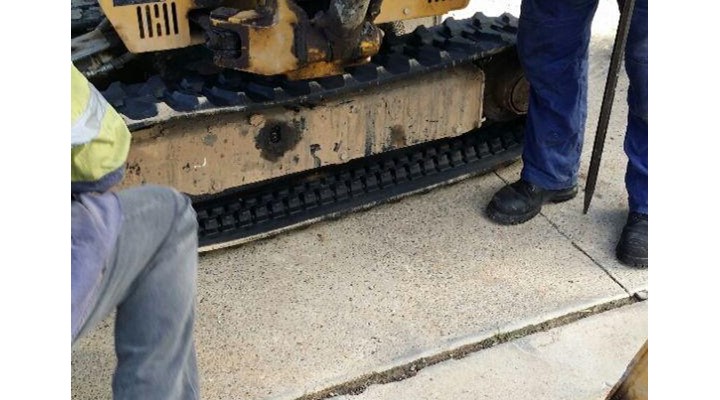
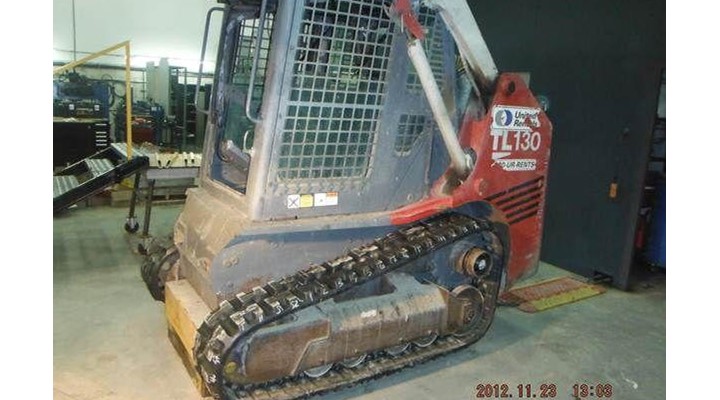
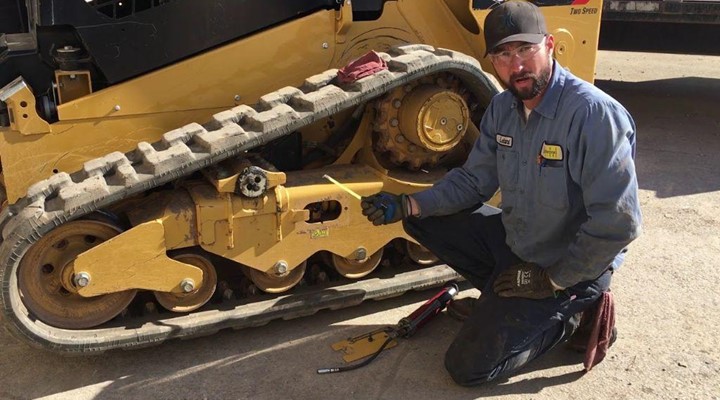
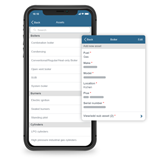


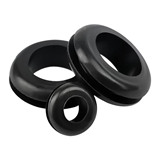
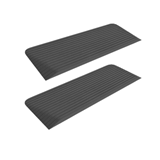
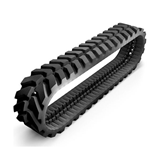

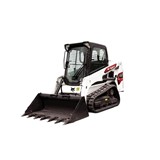
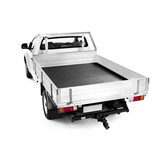
-205x205.jpg)
